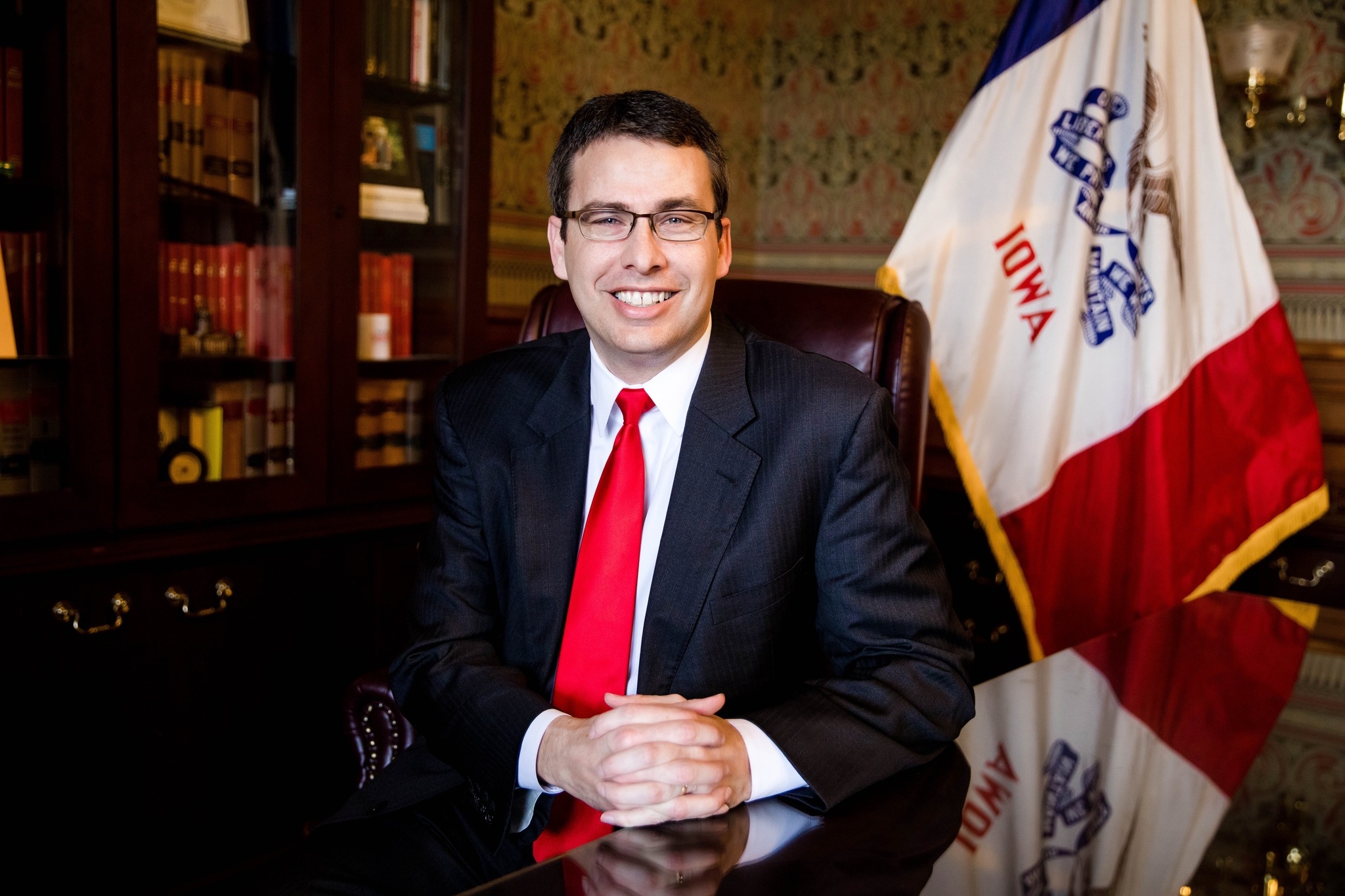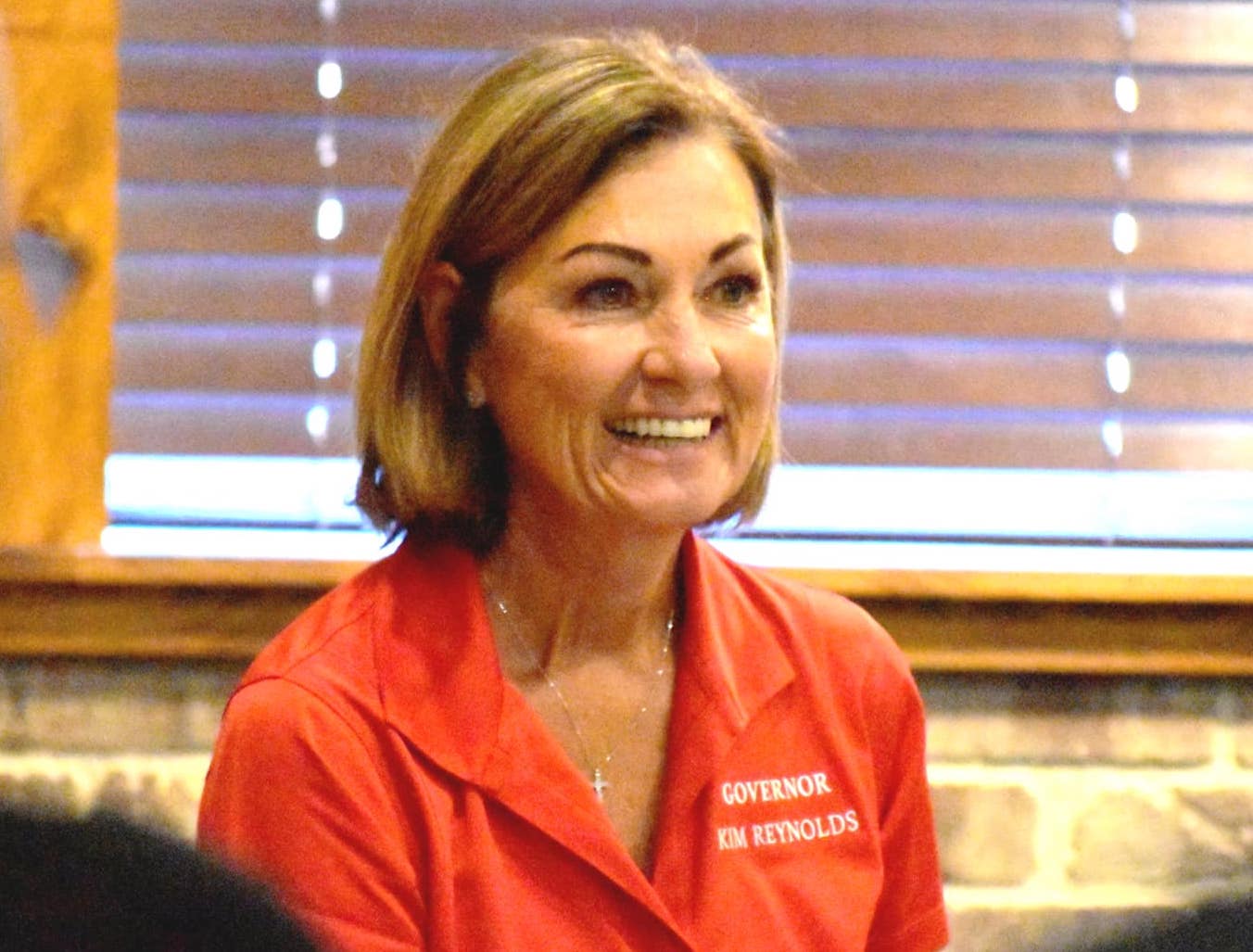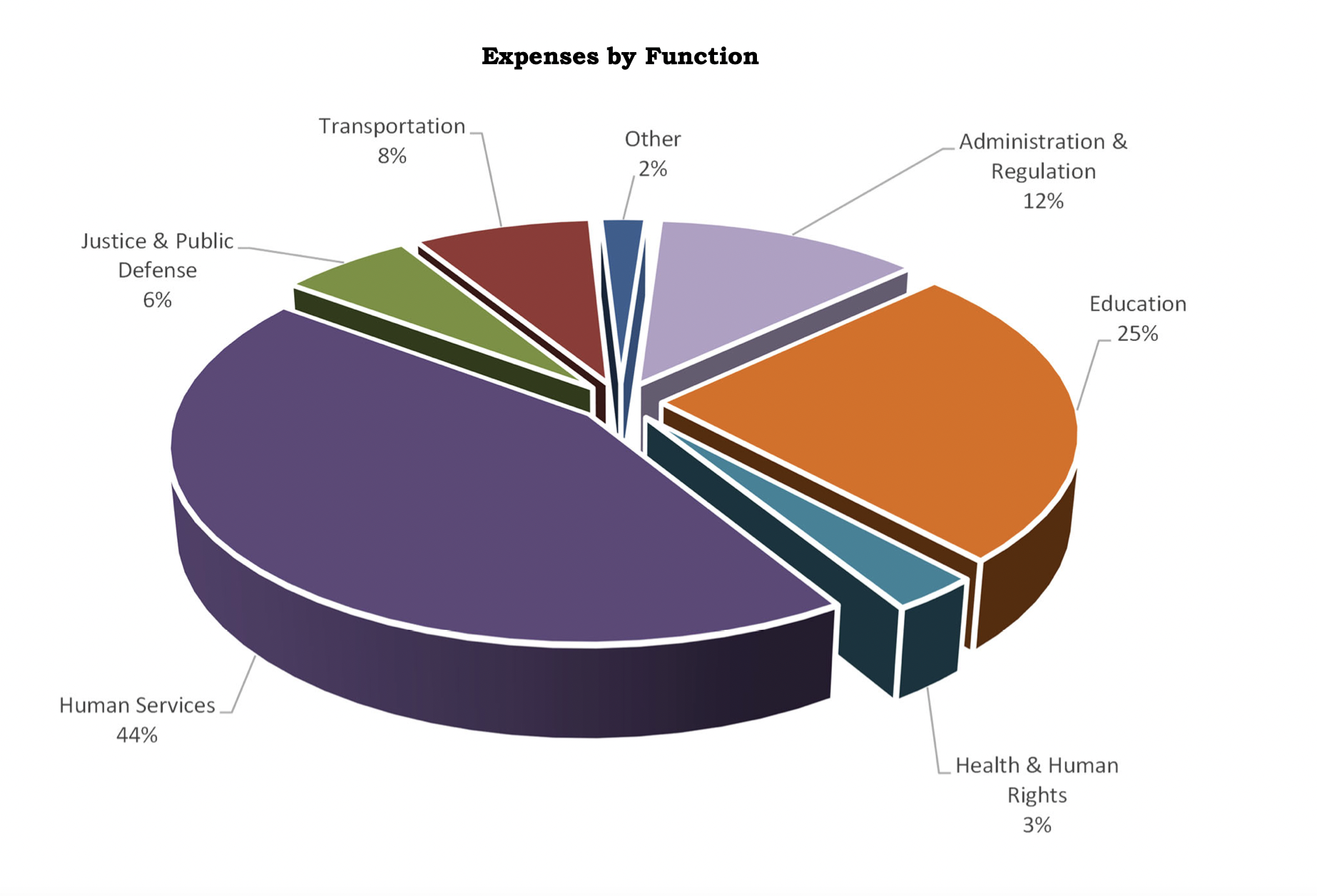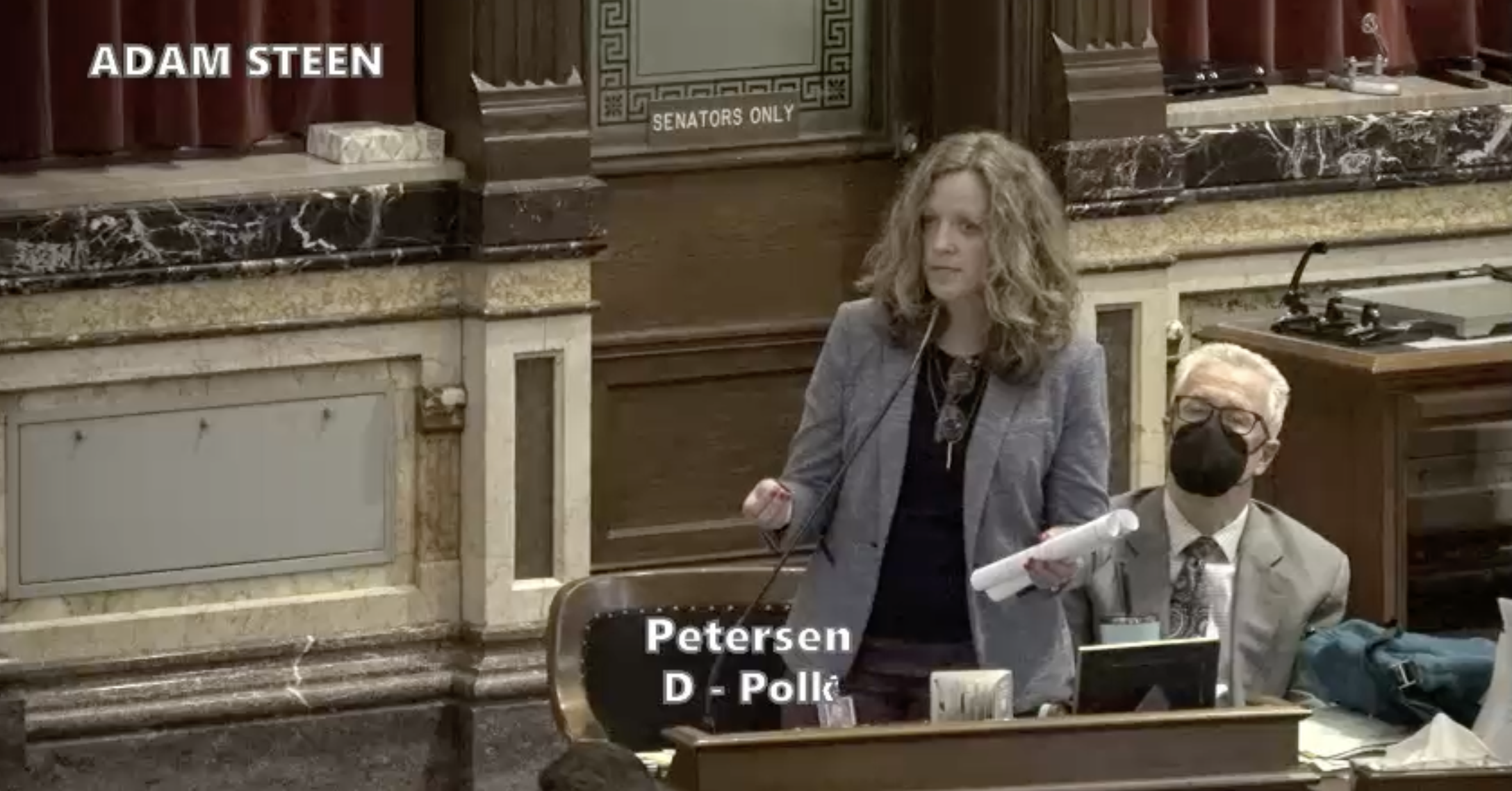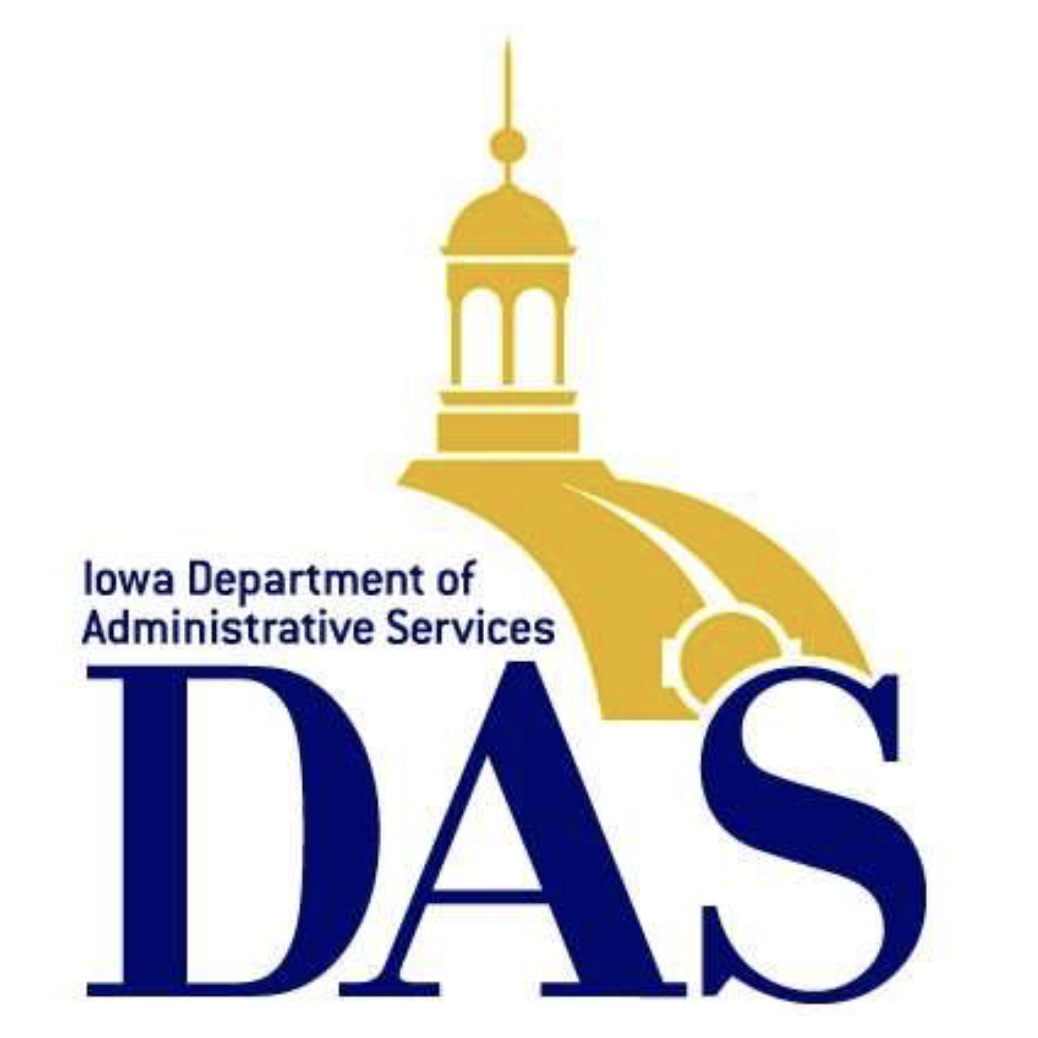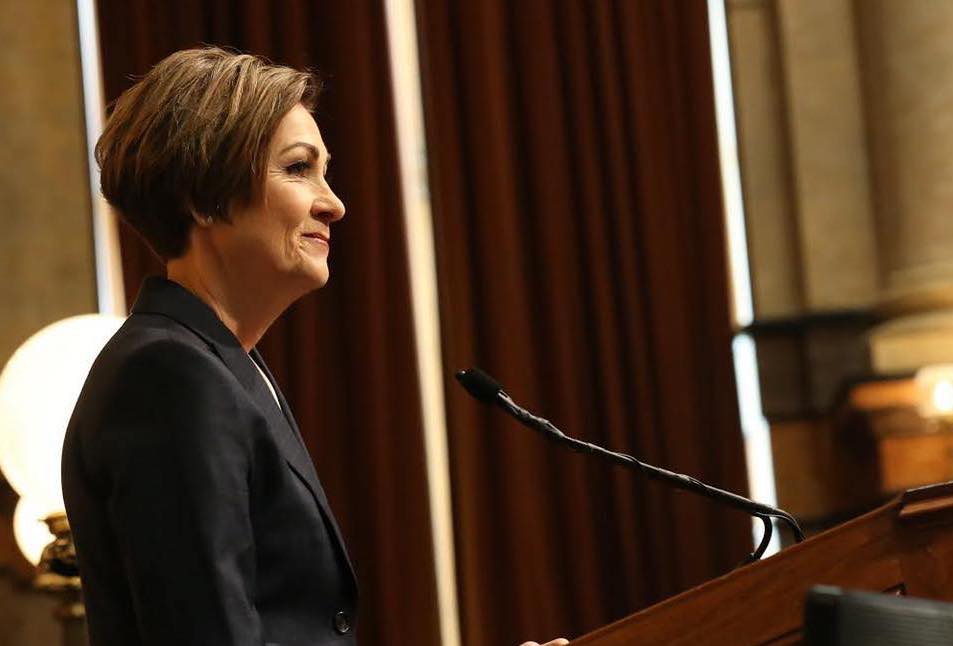The state of Iowa’s chronic lateness in producing financial reports threatened to disrupt the flow of federal funds to Iowa’s universities this year, documents obtained by Bleeding Heartland show.
For the third year in a row, the state will be more than six months late to publish its Annual Comprehensive Financial Report (ACFR), which the Iowa Department of Administrative Services compiles. As of June 26, only six states had not published their comprehensive financial reports for fiscal year 2022 (see appendix 2 below).
The delay has pushed back the publication of Iowa’s statewide Single Audit, a mandatory annual report for non-federal entities that spend a certain amount of federal dollars.
To address concerns raised by the U.S. Department of Education, state auditors worked out an arrangement to produce individual FY2022 Single Audit reports for Iowa’s three state universities by the end of June. The State Auditor’s office released the first of those reports, covering the University of Iowa, on June 27.
Going forward, state auditors will prepare separate Single Audit reports for each Iowa university by March 31, the federal deadline for providing such documentation.
A notice posted in January on the EMMA website, the leading source for data and documents related to municipal bonds, did not clarify why Iowa’s ACFR would be late again. Tami Wiencek, public information officer for the Department of Administrative Services, has not replied to inquiries about the reason for the extended delay. Records indicate that staff turnover at the agency has derailed what was for many years a smooth process.
Continue Reading...



